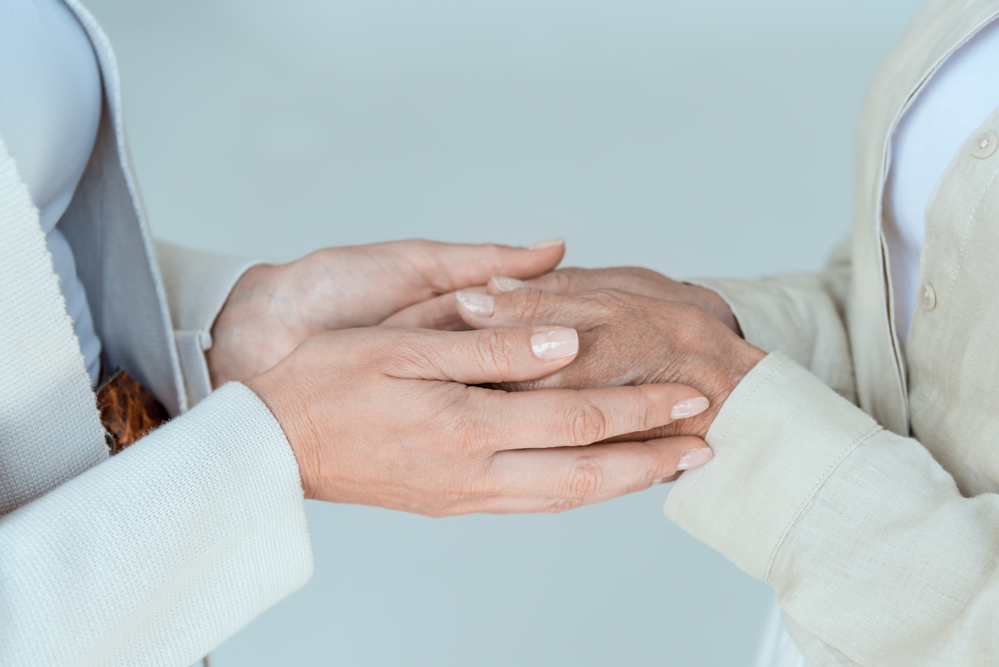

The money you pay as a lump sum for your residential aged care room will be refunded to your estate – so what do you need to know about when and how your money is refunded?
Accommodation payments (called Refundable Accommodation Deposits – RADs for short) are one of the most misunderstood areas of residential aged care. Many people don’t realise that a RAD is not “lost” money but is refundable when you leave care or pass away.
When entering care, you will have the choice to pay for your room as a lump sum or a daily fee. If you pay the lump sum, you give up access to this money while you live in care, but it remains part of your wealth and can be left as an inheritance for your family. If you choose to pay the daily fee, this money is not refundable.
How much is refundable?
The full RAD paid is refundable. However, if you ask the care provider to deduct ongoing care fees from your RAD (instead of paying these fees from your bank account), this reduces the amount that is refundable, as you are spending some of the RAD paid.
The rules were different before 1 July 2014, so you may have had experience with a family member who did not get all their money back in previous years. The rules are also different for retirement villages, where you may lose a portion of your entry cost as a deferred management fee or refurbishment fee.
Under the current residential aged care rules, as long as you pay your other fees in full each month, there will be nothing to deduct from the RAD and it is fully refundable.
Example:
Alasdair moves into residential aged care with a room price of $500,000. He cashes investments to pay the full lump sum RAD and uses his remaining savings and income streams to pay all of his ongoing care fees along the way. When Alasdair passes away, the care provider will refund $500,000 to his estate.
You do not receive interest on your money while you live in care – but payment of the lump sum reduces the daily fees that would otherwise be payable. This provides an effective return on your money. It may also help to increase your age pension entitlements.
When is the RAD refunded?
After you pass away, your executor may need to obtain probate and show it to the care provider. The provider then has 14 days to pay the refund.
Some providers might not ask for probate and have a cheque ready to pay the refund when your family come to collect your personal items. It is up to the provider to decide if they want to see probate or not. The reason for probate is to ensure that the person coming to collect the refund is the person legally able to collect the money for the estate.
The advice we provide can help you decide whether to pay a RAD or a daily fee and how the RAD works to ensure you receive all your entitlements. Reach out to our specialist team here for more information.
IMPORTANT INFORMATION: This document has been prepared by Aged Care Steps Pty Limited, ABN 42 156 656 843 AFSL 486723, based on our understanding of the relevant legislation at the time of writing. While every care has been taken, Aged Care Steps Pty Limited makes no representations as to the accuracy or completeness of the contents. The information is of a general nature only and has been prepared without consideration of your individual objectives, financial situation or needs. Before making any decisions, you should consider the appropriateness for your personal investment objectives, financial situation or individual needs. We recommend you see a financial adviser, registered tax agent or legal adviser before making any decisions based on this information. Current as at 1 April 2024.
